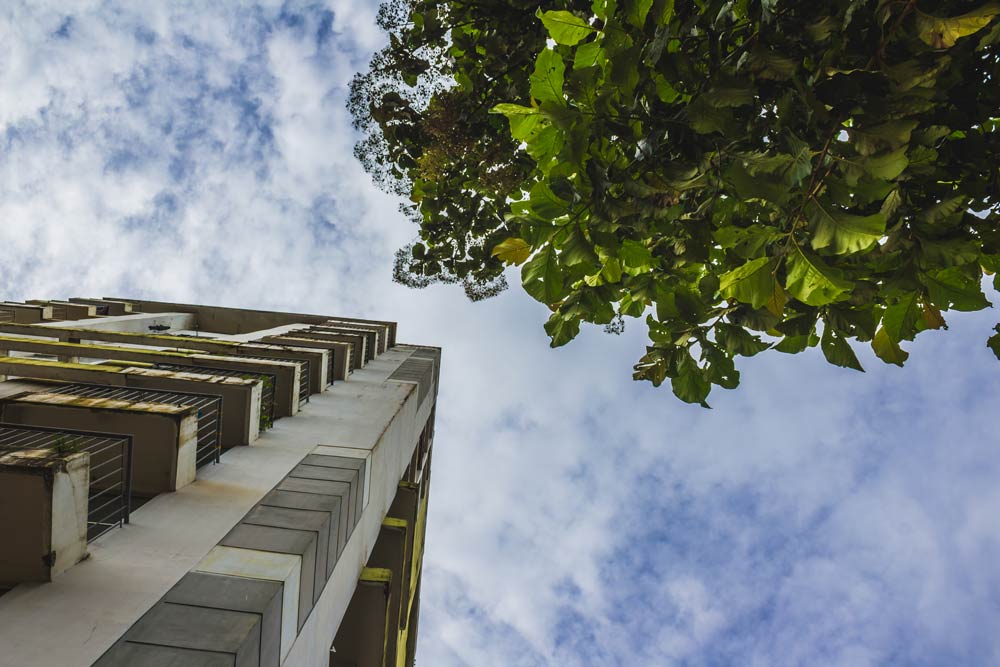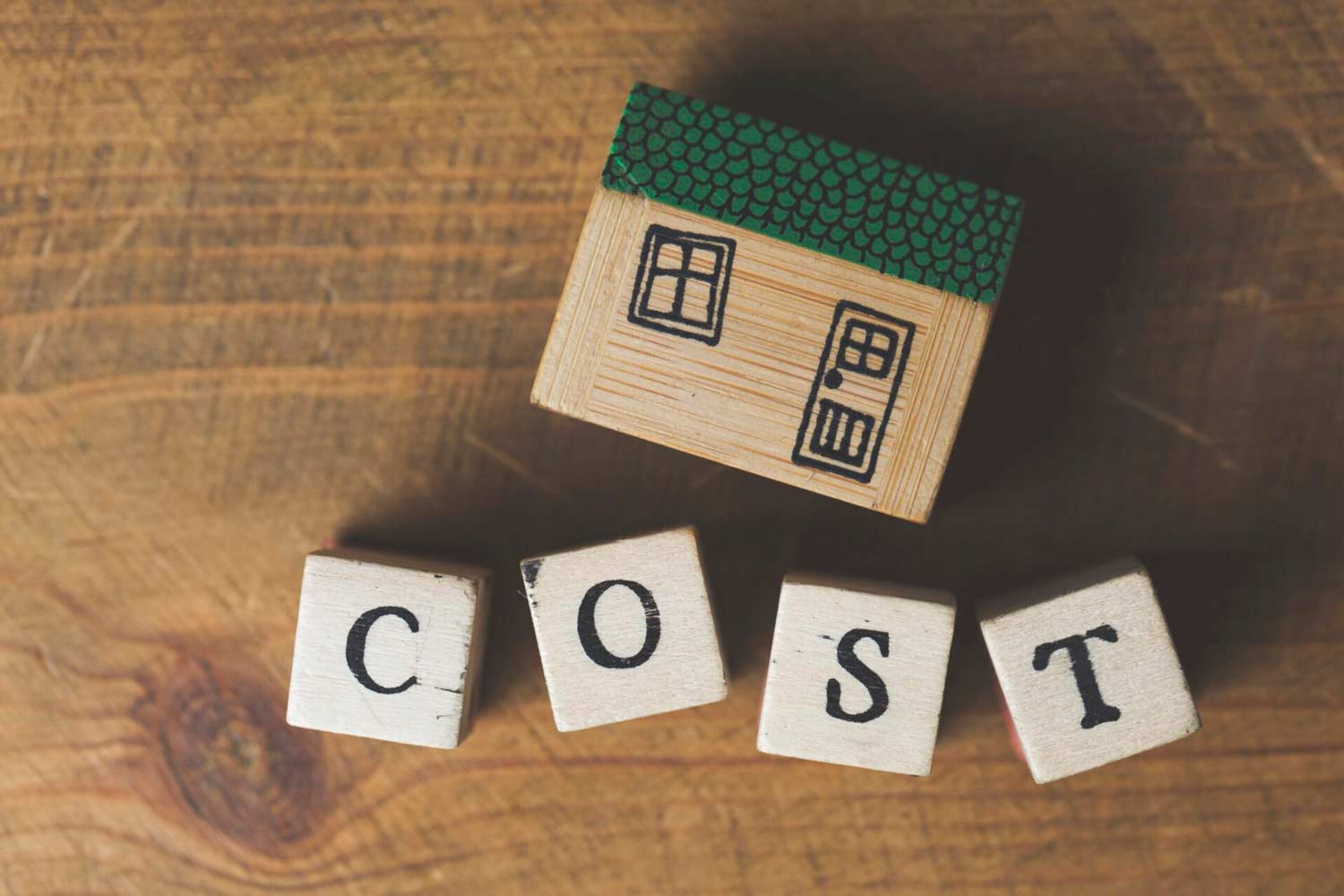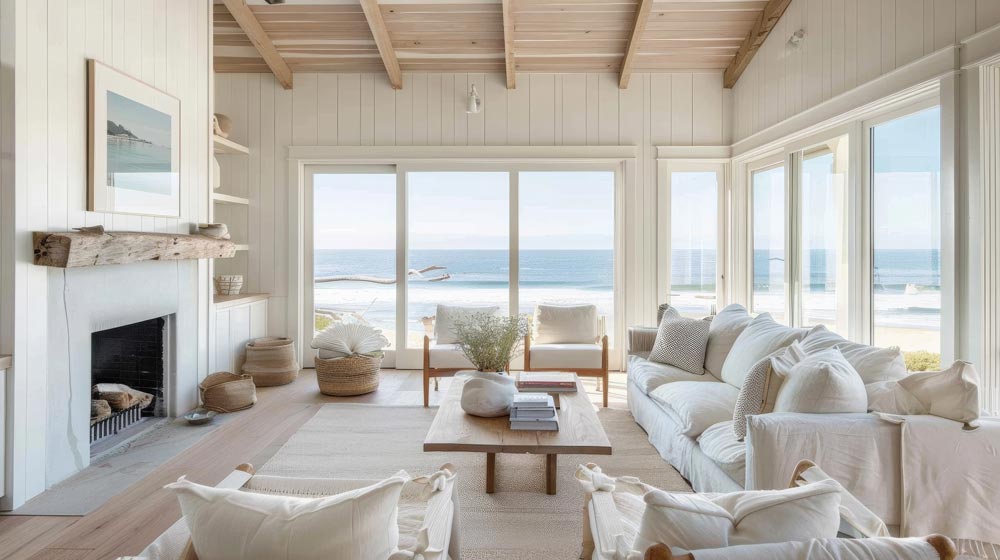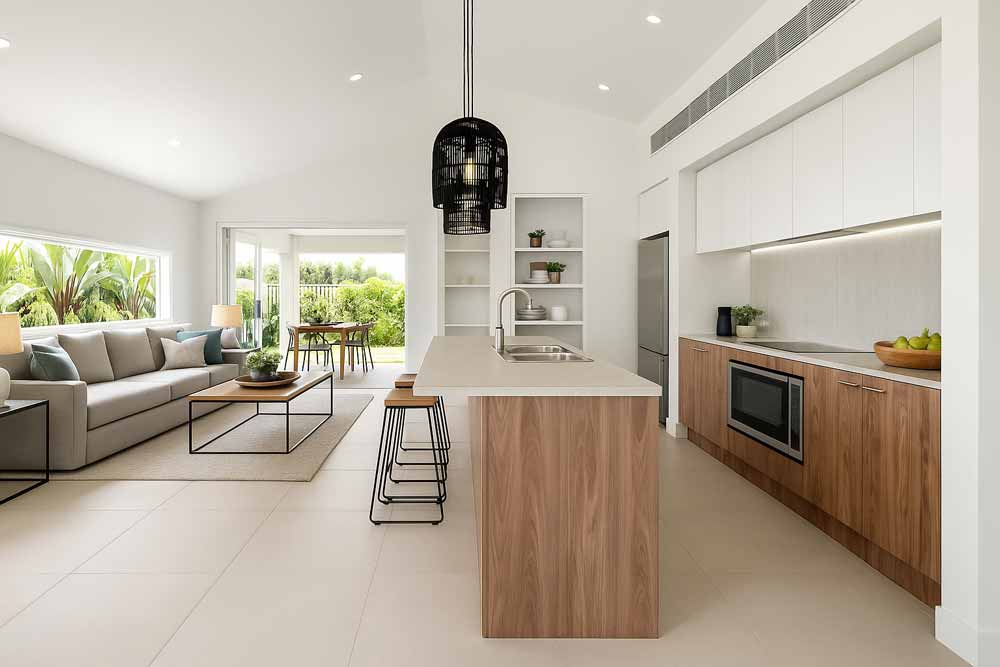Building your dream home in New South Wales involves navigating various regulations and requirements, but few are as important for your long-term comfort and savings as BASIX. Whether you’re a first-time builder or planning your next renovation, understanding BASIX requirements can seem overwhelming. However, this sustainability assessment isn’t just another regulatory hurdle – it’s designed to create homes that are more comfortable, cost-effective, and environmentally responsible.
As someone who’s guided countless homeowners through the building process, I’ll break down everything you need to know about BASIX in straightforward terms. From understanding what it measures to knowing when you’ll need a certificate, this guide will help you approach your build with confidence and clarity about these essential requirements.
What is BASIX?
BASIX stands for Building Sustainability Index, a comprehensive online assessment tool introduced by the NSW Government in July 2004. This system evaluates how sustainable your home design is across three critical areas: water usage, thermal performance for heating and cooling, and overall energy consumption.
The program emerged as part of the Environmental Planning and Assessment Act, responding to growing concerns about residential buildings’ environmental impact. Before BASIX, the average NSW dwelling consumed 90,340 litres of water per person annually and produced 3,292 kilograms of greenhouse gas emissions per person each year.
BASIX fundamentally changed how homes are designed and built in New South Wales. Rather than simply meeting basic building codes, new homes must now demonstrate they can achieve specific sustainability targets. This shift has transformed the residential building industry, encouraging innovation in design, materials, and building techniques that benefit both homeowners and the environment.
The Purpose of BASIX
BASIX serves multiple important purposes that extend far beyond regulatory compliance. Primarily, it reduces greenhouse gas emissions and pressure on water supplies by promoting energy-efficient design and water conservation measures throughout residential developments.

The system encourages builders and designers to incorporate insulation, efficient appliances, solar design, and water-saving features into every new home. This comprehensive approach means BASIX-compliant homes typically feature lower energy and water bills for homeowners, creating ongoing financial benefits that compound over years of occupancy.
By regulating natural light, ventilation, and thermal design principles, BASIX-compliant homes are often more comfortable year-round. Proper orientation, quality insulation, and strategic window placement create living spaces that naturally maintain comfortable temperatures, reducing reliance on artificial heating and cooling systems.
Don't Settle for Less—Build Excellence with Dhursan
Who Needs a BASIX Certificate?
New residential homes and dwellings of any size require BASIX assessment regardless of whether they’re single-storey, multi-storey, or multi-dwelling developments. This includes houses, townhouses, units, and apartments, ensuring consistent sustainability standards across all residential housing types.
Alterations and additions to existing dwellings trigger BASIX requirements when the total project cost exceeds $50,000. This threshold captures significant renovations while exempting minor improvements like bathroom updates or kitchen refreshes. Swimming pools that hold 40,000 litres or more also require BASIX assessment due to their substantial water and energy requirements for operation and maintenance.
How BASIX Works: The Three Assessment Areas
BASIX evaluation centers on three distinct but interconnected sustainability measures, each with specific targets your home design must achieve. Understanding these areas helps you work effectively with your builder and designer to create compliant plans.
Water targets focus on reducing potable water consumption by up to 40% compared to pre-BASIX benchmarks. This reduction comes through mandatory rainwater tanks connected to toilets, washing machines, and garden irrigation systems. Water-efficient fixtures, including dual-flush toilets, water-saving showerheads, and efficient washing machines, contribute significantly to meeting these targets. Landscaping requirements also play a role, with native and drought-resistant plants reducing ongoing water needs.
Energy targets aim to reduce greenhouse gas emissions per person by up to 40% through various efficiency measures. Solar hot water systems, energy-efficient lighting, and high-performance appliances all contribute to achieving these targets. The assessment also considers renewable energy installations like solar panels, which can significantly improve your home’s energy score.
Thermal performance requirements ensure your home maintains comfortable temperatures efficiently through design rather than mechanical systems. This includes proper building orientation. Check out a custom home builder in Sydney for more information on capturing winter sun while avoiding excessive summer heat, strategic window placement and sizing, quality insulation in walls, floors, and ceilings, and appropriate glazing selections that balance natural light with thermal control.
What BASIX is Used For: The Assessment Process
The BASIX assessment process integrates seamlessly with your development application, but timing is crucial for maintaining your building schedule. Your assessment must be completed before submitting your Development Application or Complying Development Certificate to council.
The online assessment tool requires detailed information about your proposed home, including location, orientation, floor area, window specifications, planned appliances, hot water system type, and landscaping proposals. This comprehensive data allows the system to calculate your home’s projected performance against BASIX targets.
Many builders handle the BASIX assessment process on behalf of their clients, as they possess the technical knowledge required for accurate submissions. However, as the homeowner, you’ll need to approve design decisions that affect BASIX compliance, such as appliance selections, window specifications, and renewable energy installations. Once your design meets all BASIX targets, the system generates a certificate that becomes a mandatory attachment to your development application.
Transform Your Vision into Reality with Dhursan Construction
How Much Does BASIX Cost?
BASIX assessment costs are relatively modest compared to overall building expenses, particularly considering the long-term savings achieved through improved efficiency. The basic BASIX certificate fee is $50, paid directly to the NSW Government when generating your certificate through the online system.
However, additional costs may arise depending on your project’s complexity and your builder’s approach. Some builders include BASIX assessment in their standard service, while others may charge separately for this work. If your initial design doesn’t meet BASIX targets, design modifications might be necessary, potentially involving additional consultant fees or specification upgrades.
Despite these upfront costs, BASIX-compliant homes typically deliver substantial long-term savings through reduced utility bills. Homeowners often report energy and water bill reductions of 20-40%, meaning the assessment cost pays for itself within months of moving in.
Benefits of BASIX-Compliant Homes
Living in a BASIX-compliant home provides numerous advantages that extend beyond regulatory compliance. The most immediate benefit is improved comfort through better thermal performance, with homes naturally maintaining comfortable temperatures throughout seasonal changes.
Financial benefits accumulate over time through reduced energy and water bills. Quality insulation, efficient appliances, and water-saving features create ongoing savings that compound annually. Many homeowners discover their utility costs are significantly lower than expected, particularly during extreme weather when heating and cooling demands peak.
Environmental benefits include reduced carbon footprint through lower energy consumption and decreased pressure on water supplies through conservation measures. These benefits align with growing community awareness about environmental responsibility while providing personal satisfaction about contributing to sustainability goals.
Property value considerations also favour BASIX-compliant homes, as buyers increasingly prioritise energy efficiency and environmental performance. Well-designed sustainable homes often command premium prices and sell more quickly than comparable properties without these features.
Key Takeaways and Next Steps
BASIX represents a comprehensive approach to residential sustainability that benefits homeowners, communities, and the environment. Understanding these requirements early in your planning process ensures smooth project progression and helps you maximise the advantages of sustainable design.
The assessment covers water efficiency, energy performance, and thermal comfort through specific, measurable targets that influence design decisions throughout your project. While compliance requires careful planning and may involve additional upfront costs, the long-term benefits of comfortable, efficient homes far outweigh initial investments.
If you’re planning a new home or knockdown rebuild in New South Wales, start discussing BASIX requirements with your builder or designer early in the process. Their expertise in navigating these requirements will help ensure your project meets all targets while achieving your vision for comfortable, efficient living. Contact experienced local builders who understand BASIX compliance and can guide you through creating a home that exceeds your expectations for comfort, efficiency, and sustainability.




